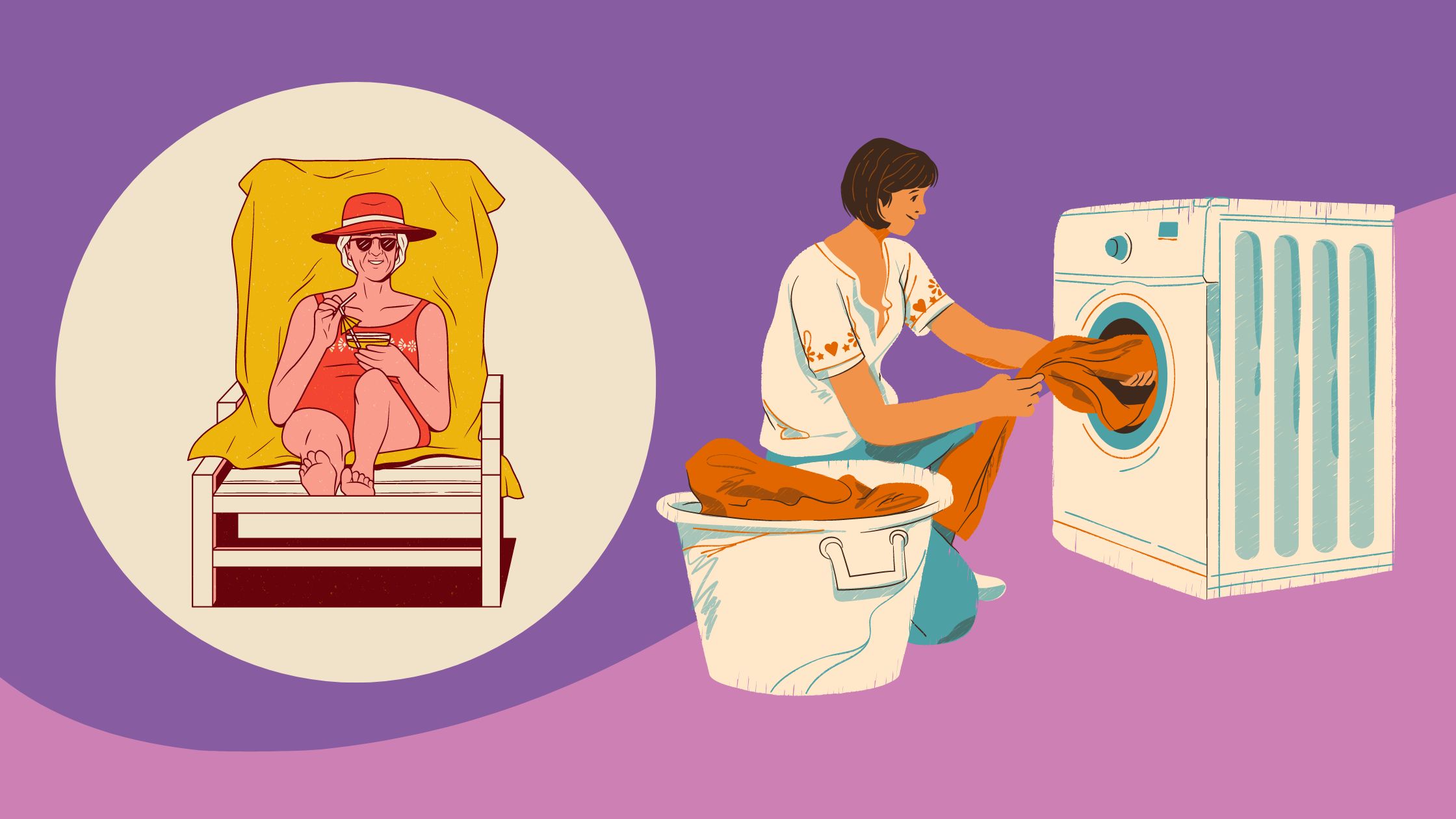What Are Intrusive Thoughts?
What are intrusive thoughts? Intrusive thoughts are unwanted, distressing thoughts that pop into your mind unexpectedly. They can be upsetting and difficult to shake off. Often, these thoughts can make you anxious, fearful, or uncomfortable. You might find these thoughts to be completely opposite to your values, beliefs, or character. Intrusive thoughts can occur in various contexts, from obsessive-compulsive disorder (OCD) to anxiety and even everyday worry.

Types of Intrusive Thoughts
Negative Self-Thoughts
You might often find yourself doubting your abilities or worth. For example, thoughts like “I’m not good enough” or “I’m a failure” can be classified as intrusive thoughts related to self-esteem.
Harmful Thoughts
Sometimes, you may get thoughts about harming yourself or others. These can be extremely distressing and are often linked to mental health conditions like OCD or anxiety disorders.
Sexual Thoughts
Intrusive sexual thoughts can be uncomfortable and can make you question your morality. However, they are usually not a sign of your actual desires.
Existential Thoughts
You could also experience thoughts related to existential dread, such as the meaninglessness of life or fear of death.
Why Do They Occur?
Anxiety and Stress
A common reason for experiencing intrusive thoughts is elevated levels of stress and anxiety. When you’re anxious, your mind is more prone to latch onto distressing or fearful thoughts.
Mental Health Conditions
In people with OCD, generalized anxiety disorder, or post-traumatic stress disorder (PTSD), intrusive thoughts are a common symptom.
Everyday Concerns
Even mundane concerns, like deadlines or family issues, can trigger intrusive thoughts. In these cases, the thoughts usually pass once the situation is resolved.
How to Manage Them
Mindfulness Techniques
Mindfulness can teach you to observe your thoughts without judgment. Instead of trying to suppress the thought, you acknowledge it and let it pass.
Cognitive Behavioral Therapy (CBT)
CBT helps you challenge the validity and usefulness of your intrusive thoughts. With the guidance of a therapist, you learn to replace these thoughts with more constructive alternatives.
Medication
In certain cases, medication like antidepressants or anti-anxiety drugs can help control the symptoms. Consult your healthcare provider for the best treatment for you.
Seek Professional Help
If you find that intrusive thoughts are interfering with your daily life, it might be beneficial to consult a mental health professional for diagnosis and treatment options.
Examples of Coping Mechanisms
- Deep breathing exercises to calm your mind
- Engaging in physical activities to divert your focus
- Writing down your thoughts in a journal to gain perspective
Intrusive thoughts can be unnerving, but it’s crucial to note that they are a common human experience. You’re not alone, and help is available.
Frequently Asked Questions
What Are the Common Types of Intrusive Thoughts?
Common types include negative self-thoughts, harmful thoughts towards oneself or others, sexual thoughts, and existential thoughts. For instance, you might have thoughts like “I’m a failure” or “What if I hurt someone?” Even though these thoughts can be alarming, it’s important to remember they usually don’t reflect your true intentions or beliefs.
Can Intrusive Thoughts Be a Sign of a Mental Health Condition?
Yes, intrusive thoughts can be a symptom of various mental health conditions, such as obsessive-compulsive disorder (OCD), generalized anxiety disorder, and post-traumatic stress disorder (PTSD). However, having an occasional intrusive thought doesn’t automatically mean you have a mental health disorder. If these thoughts persist and interfere with your life, consulting a mental health professional is advisable.
How Do I Stop Intrusive Thoughts?
Stopping intrusive thoughts entirely is often not possible, but you can manage them effectively. Mindfulness techniques, cognitive behavioral therapy (CBT), and medication are some methods that can help. Additionally, physical exercise and journaling are practical ways to divert your attention and gain a new perspective on your thoughts.
Is Medication Effective for Managing Intrusive Thoughts?
Medication like antidepressants or anti-anxiety drugs can be effective in managing the symptoms. These medications can help regulate your mood and make intrusive thoughts less frequent. However, medication is usually most effective when combined with other forms of treatment like therapy.
Are Intrusive Thoughts Normal?
Intrusive thoughts are a common human experience. Almost everyone has them at some point. However, the frequency and intensity can vary from person to person. If you find that these thoughts are causing significant distress, it might be time to seek professional help.






